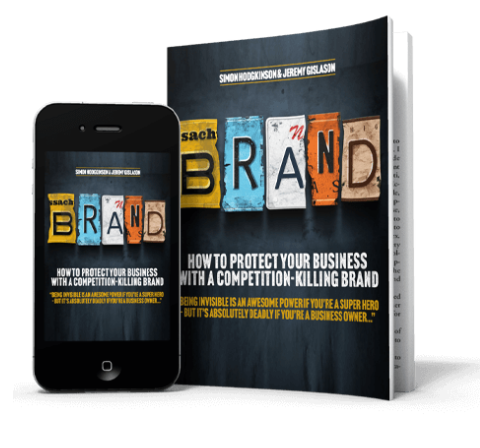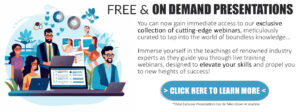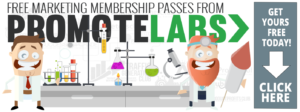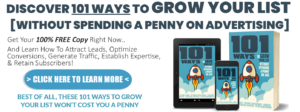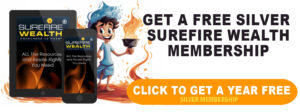Want to learn true solid tactics for boosting conversions and sales? Silly question, right? Because if you consider yourself any sort of marketer at all, then you live and breathe conversions (and sales).
It consumes your thoughts. It’s the thing that gets you pouring over your stats almost obsessively (“Did I make a sale? Did I get a new subscriber?”) And it’s also the thing that can get you pulling your hair out in pure frustration.
Because you know what?
Sometimes it seems like you’ve done everything right… but the conversions are dismal. People aren’t clicking. They’re not responding. They’re not buying. They’re not converting.
The question is… WHY?
In many cases, you can narrow it down to one of the reasons listed below. Take a look to see if you have any of these problems…

No One Trusts Your Branding
Whoops… yikes. Why should they? They do not know you...
Trust is a strong factor when it comes to whether people are willing to join your list, buy your offers, or do any other kind of business with you. But it’s not like you can just flip the “Trust” switch to on. It’s not like there’s a WordPress plugin that you can install that automatically instills trust.
No, gaining trust is a process. It’s a series of small steps that you take every time you’re in contact with your prospects and customers. It’s something that grows over time… and it can be lost in an instant.
So why is your BRAND that important?
Well, if you’re a business owner then the task in hand is to develop a powerful branding strategy which:
Here are three ways to gain and earn trust in your market:
For example, sometimes you may have to make the choice between promoting two similar products.
One of them might pay out really good affiliate commissions. The other may be a far superior product, but it doesn’t pay as well to promote it.
Guess what? You should always promote the superior product. Because if you promote a crap product just to make a quick buck, your credibility is going to take a hit. People are going to lose trust. And your conversions are going to sink faster than a lead balloon.
We have a course with more information on branding if you are interested in learning more here
Here's just a snippet or two of what's inside that course:
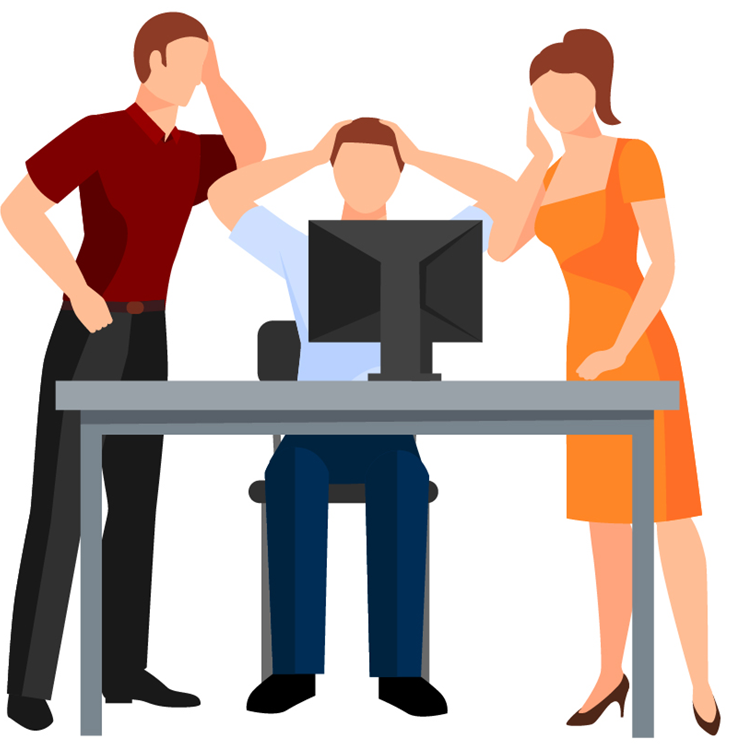
The Sales Copy Sucks
There are a lot of marketers who put out what they think is “good” writing for their lead page or sales page.
Oh sure, the writing is grammatically correct. It would make an English teacher proud. Maybe even ol’ Shakespeare himself would be proud.
But guess what?
“Good” writing doesn’t generate sales. What might get an “A” in an English class could get a big, fat “F” in a copywriting course. And that’s because there’s an art and science to creating compelling sales copy that gets results.
If you’re writing your own sales copy and it’s just not generating any kind of good response, then the easiest thing to do is to outsource this task to a professional. The cost for outsourcing this task easily pays for itself once your sales letter starts generating more sales.
If you’re thinking your sales copy just needs a few tweaks and it will be good to go, then you can check on these points…
Is it the right offer, for the right audience, at the right price?
First things first – is your offer even something that your audience wants? And is it set to the right price? Because if you don’t have these pieces in place, then even good sales copy is going to struggle to see your item. So, if you’re not sure whether this is something your audience wants, then do your market research to find out for sure.
Assuming all of that is in place, then let’s move onto the actual pieces of your copy…
Does the headline hook your audience?
If your headline isn’t compelling enough to grab your audience’s attention, then the rest of your sales letter wouldn’t even need to exist. That’s because a poor headline can get people shrugging and clicking away. But a great headline can grab their attention and suck them right into reading more of your sales letter.
What does a good headline look like?
Check out these tips:
Some Examples
For example: “Here’s the Absolute Easiest and Fastest Way to Double Your Conversion Rate – And It’s FREE!”
- It may arouse curiosity. This doesn’t always work in a headline, but when you pull it off it can be very effective.
For example: “Here’s the Astonishing Copywriting Secret That Doubles Your Conversion Rates – Almost No One Knows This!”
- It may invoke social proof. The idea here is to say, “hey, others are already doing this – you should too.”
For example: “Now You Too Can Double Your Conversion Rate and Start Generating More Sales in As Little as Five Minutes from Now!”
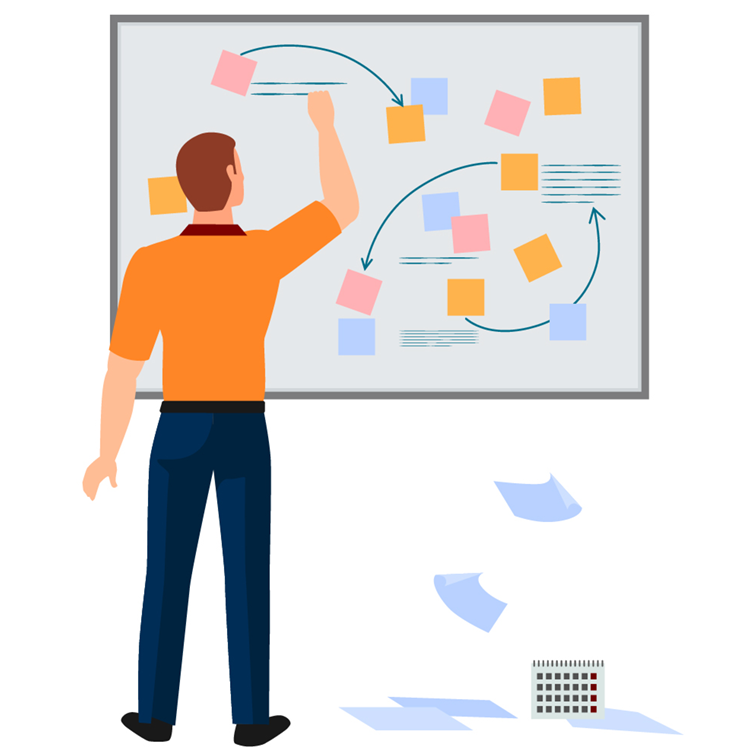
Is the copy focused on the audience?
The copy should be focused on the audience AND their problems. One big mistake is that marketers often make their sales copy about themselves. They drone on and on about their story, about their credentials, about their solution to this problem.
Listen, you do need to talk about yourself… a little. Just enough to build credibility and rapport. But once you’ve established those things, you need to quickly pivot to focusing on your audience. You need to talk about their problems and the solution to their problems. You need to answer the question that niggling at the back of their minds, “What’s in it for me?”
A quick and dirty way to see if your copy focuses on your reader is to see how many times you use words like “you” and “your,” versus self-centric words such as “me” and “I.” If you’ve got more self-centric words, it’s time to rework that copy to make it more about your reader!
Heads up…
Self-centric copy doesn’t always happen in big ways. It doesn’t necessarily mean you drone on and on about yourself. Sometimes, it reveals itself in your word choice and sentence structure.
For example:
A self-centric bit of copy: “I’ll reveal my method…” (uses self-centric words “I’ll” and “my”).
Rewrite it to be reader-centric: “You’ll discover how to…” (uses the word “you’ll”).
Point is, keep an eye for self-centric copy in both big ways and small.
The next question to ask yourself…

Does your copy engages the audience emotionally?
Here’s the deal: you need to make your audience FEEL something in order to get them to DO something.
Generally, your copy will do this in three ways:
#1. It will make people feel the pain of their problem. In the beginning of your sales letter, you can remind people of why their problem hurts. E.G., “It’s humiliating when you can’t find a flattering swimsuit. You hate even looking at yourself in the mirror, because nothing looks good…”
#2. It will make them imagine the joy of the solution. You don’t want people to feel too bad for too long, or they’re going to stop reading. That’s why you should pivot away from reminding them of their pain, and get them feeling hopeful.
E.G., “Just imagine how good it will feel to fit into those skinny jeans again…”
#3. It may evoke a little fear. This creates the urgency needed to move towards the buy-now button. And since this is such a big part of boosting your conversions, we’ll talk about it separately in the next section.
Now, these aren’t the only ways to improve your copy. Truth is, there are a lot of little ways that you can do it – and if you don’t know these ways, then it’s a good idea to brush up on your copywriting skills.
But to recap: you need a good headline to draw people in, you need to focus on your audience (and let them know the benefits of your offer), and you need to evoke emotion to move people towards the order button.
Now let’s take a look at the third factor that can really affect your conversion rates…

There is No Sense of Urgency
Sometimes you can have some pretty darn good copy on your lead page or sales page, and yet people still aren’t clicking the button. They’re not subscribing and they’re not buying.
Why not?
Maybe you didn’t give them a good reason to do it RIGHT NOW.
Because here’s the thing…
People are full of good intentions. They click away from your page and tell themselves they’re come back to purchase your product later. But the very second they are off your page, all that hard work you did of getting them into the buying mood starts to dissipate.
More time elapses. Now suddenly your product doesn’t seem so important any more. They start telling themselves they don’t need your product. Eventually they’re going to feel like they don’t even want your product. And right about then, they’re going to completely forget that you even existed.
So, here’s what you need to do…
Give them a good reason to act right now. Not “when they get home from work” … not “after the kids go to bed” … and not some vague “later” that’s never gonna happen.
No, they need to buy right now. And that means you need to create a sense of urgency.
Here’s how to create that sense of urgency:
The bottom line here is… if you want to get people to take action, you need to provide a sense of urgency so that they do it right now. Otherwise, they’ll wander off and forget about your offer.
Here’s a solution: Conversion Gorilla.
Conversion Gorilla is a web-based app that makes it super easy for you to install notification bars and countdown timers on your site as a way to get more subscribers, generate sales, and boost conversions.
You don’t need to know anything about coding, because Conversion Gorilla makes it point-and-click easy to create notification bars and countdown timers. If you can copy and paste, then you can get these nice features up and running on your site in as little as two minutes.

Not Capturing Emails Effectively
Not everyone who lands on your website is going to neatly travel directly to your order buttons. Fact is, a vast majority (we’re talking up to 99%) are going to leave your site without doing anything. Unless you are using the right tools and strategies. And while you can lower this number using those strategies you’ve been learning about in this post, the fact is that the many are still going to leave without taking any action.
Guess what? Only a tiny percentage of people who leave will ever return. Even if they bookmark your page, it’s still pretty unlikely they’ll come back. (Just look at your own extensive bookmark collection – I’m betting there are plenty of sites you’ve bookmarked that you haven’t quite gotten around to re-visiting, right?)
So, here’s what you need to do…
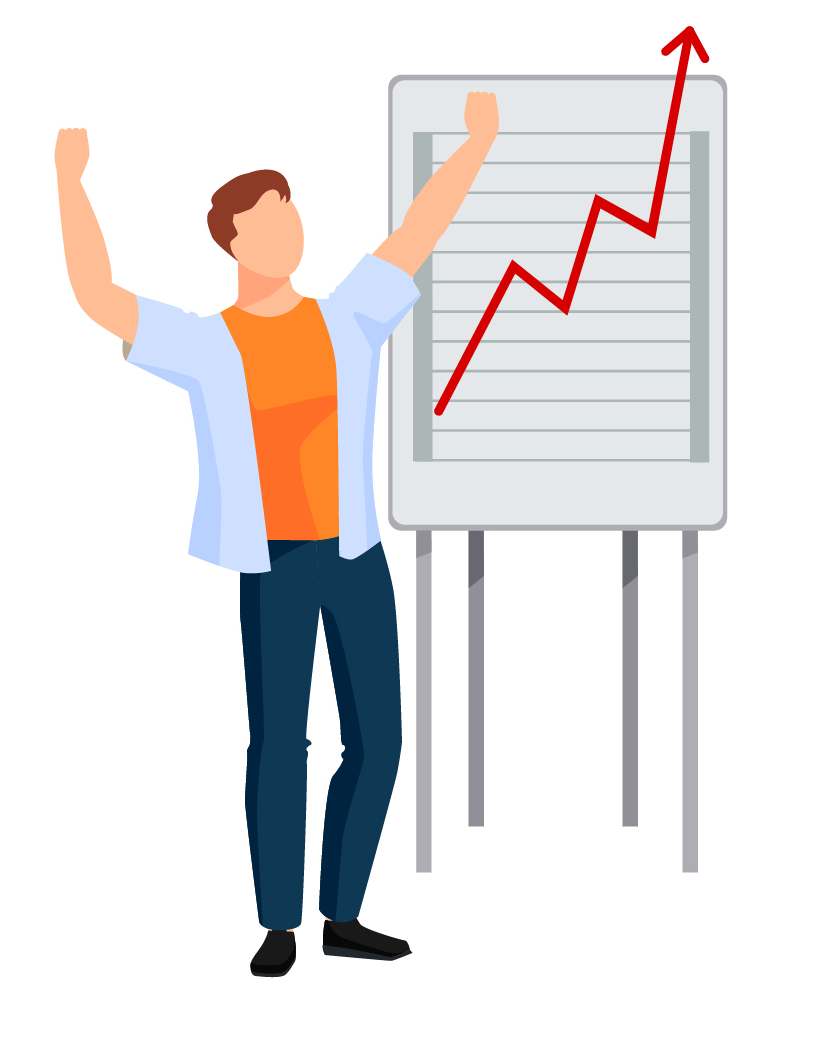
You need to get as many visitors as possible onto your mailing list.
Here’s how:
If you can get people on your list, then you can follow up with them repeatedly to bring them back to your site and buying what you’re selling.
Plus, a good list helps you build trust with your audience, which also boosts conversions over the long term.

Boost conversions with the right tools..
If you're not using the right tools to build your mailing list, then you're leaving a lot of subscribers and money on the table.
We like to get an edge so... we do a lot of testing, and if you know us, you will know we often create our own tools because there is nothing out there that does 'exactly' what we need it to do.
We have been testing flipbooks on lead pages versus plain lead pages... to build our own lists and the flipbooks win. Every time.
We bet you'd get the same results in your niche if you did some testing too.
For starters, flipbooks give you a chance to show your prospects a beautiful preview of your lead magnet. They read a few pages, they get totally hooked... and then if you have the right tool... a Mail Gate pops up asking them to opt-in to unlock the rest of the product.
It works amazing well – especially if your preview ends in compelling place that leaves your audience desperately wanting more.
And the second reason it works so well is because flipbooks are still pretty unique and way cool.
Everyone is used to plain PDFs. You open the book, you read, you scroll. Ho-hum.
Now compare that to a flipbook. Animated page turns that capture attention. Sound effects to create an immersive experience. Useful features like zooming and a beautiful presentation.
We create flipbooks with FlipGuardian which are designed to engage your audience on multiple levels. Your audience won't be able to take their eyes off them.
See for yourself by clicking here now.
What's Next...
Over the last few minutes you’ve been learning about the different mistakes that can lead to low conversions, and how to turn things around to start creating higher conversions.
At this point, you probably discovered at least a couple areas where there is room for improvement in your conversions. A tweak here, a tweak there, and you could be seeing more sales.
We hope these tips will help you get where you want to be AND we hope you will look for more posts on how to boost conversions here in the future.

